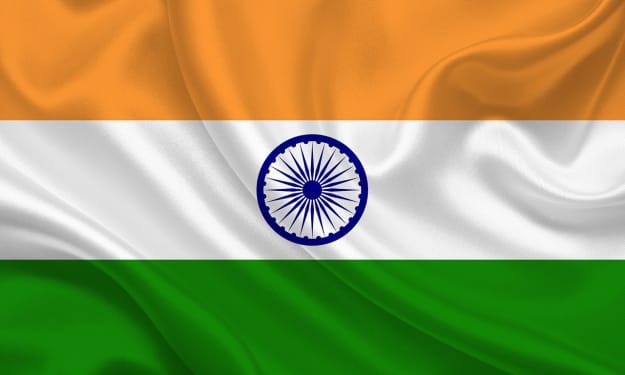
Afghanistan, officially known as the Islamic Republic of Afghanistan, is a landlocked country located in Central and South Asia. It shares borders with Pakistan to the east and south, Iran to the west, Turkmenistan, Uzbekistan, and Tajikistan to the north, and China to the northeast. Afghanistan's strategic location has made it a crossroads of cultures and civilizations throughout history.
Afghanistan has a rich and complex history that spans over several millennia. It has been inhabited since the Paleolithic era and has witnessed the rise and fall of numerous empires and kingdoms. The region was a key center along the ancient Silk Road, which facilitated trade and cultural exchange between East and West. Over the centuries, Afghanistan has been influenced by various powers, including the Persian, Greek, Mauryan, Kushan, Arab, Mongol, and Persian Safavid empires.
In more recent history, Afghanistan faced significant political turmoil and conflicts. The country underwent a period of modernization and reforms in the mid-20th century, but in 1979, it became embroiled in a protracted war when the Soviet Union invaded to support a communist government. This conflict led to a decade-long resistance by Afghan mujahideen fighters, supported by international allies, including the United States.
Following the Soviet withdrawal in 1989, Afghanistan descended into a period of civil war and political instability, with different factions vying for control. The Taliban, an Islamist extremist group, emerged during this time and eventually gained control over most of the country in the 1990s. Their oppressive rule, characterized by strict interpretations of Islamic law and restrictions on women's rights, drew international condemnation.
In 2001, a U.S.-led coalition invaded Afghanistan to oust the Taliban regime following the September 11 terrorist attacks. The subsequent years saw efforts to establish a democratic government, promote stability, and rebuild the country. Despite progress, Afghanistan continues to face challenges, including insurgency, terrorism, corruption, and economic hardships.
Afghanistan is ethnically diverse, with Pashtuns, Tajiks, Hazaras, Uzbeks, and other ethnic groups residing within its borders. The official languages are Dari and Pashto, reflecting the linguistic diversity of the population. Islam is the predominant religion, with the majority of Afghans adhering to Sunni Islam.
The geography of Afghanistan is characterized by rugged mountain ranges, vast deserts, and fertile river valleys. The Hindu Kush mountain range runs through the country, with peaks reaching over 7,000 meters (23,000 feet). The Amu Darya and Hari rivers are vital water sources, supporting agricultural activities and providing hydropower potential.
Agriculture is a crucial sector of the Afghan economy, employing a significant portion of the population. Crops such as wheat, corn, barley, fruits, and nuts are cultivated in the fertile regions, while livestock farming is prevalent in rural areas. The country also possesses substantial mineral resources, including copper, iron ore, gold, and rare earth minerals, which hold potential for economic development.
Education and healthcare systems in Afghanistan have faced significant challenges due to the decades of conflict. However, efforts are being made to improve access to education and healthcare services, particularly for women and marginalized communities. NGOs and international organizations have been actively involved in supporting infrastructure development, literacy programs, and healthcare initiatives.
Afghanistan is known for its rich cultural heritage, evident in its architecture, arts, and traditional practices. The ancient city of Kabul, with its historic landmarks and bazaars, showcases the country's cultural legacy. Afghan music, poetry, and dance forms, such as Attan, reflect the diversity and traditions of the different ethnic groups.
In recent years, Afghanistan has been striving to foster peace and stability through diplomatic negotiations and reconciliation processes. International support and cooperation are crucial in assisting Afghanistan in its efforts to achieve lasting peace, strengthen democratic institutions, and promote economic development.
In conclusion, Afghanistan is a country with a complex history, diverse culture, and significant challenges. Despite the hardships it has faced, Afghanistan's people continue to demonstrate resilience and determination. With continued support and efforts towards peace, security, and development, Afghanistan has the potential to overcome its challenges and build a brighter future for its citizens.





Comments
There are no comments for this story
Be the first to respond and start the conversation.